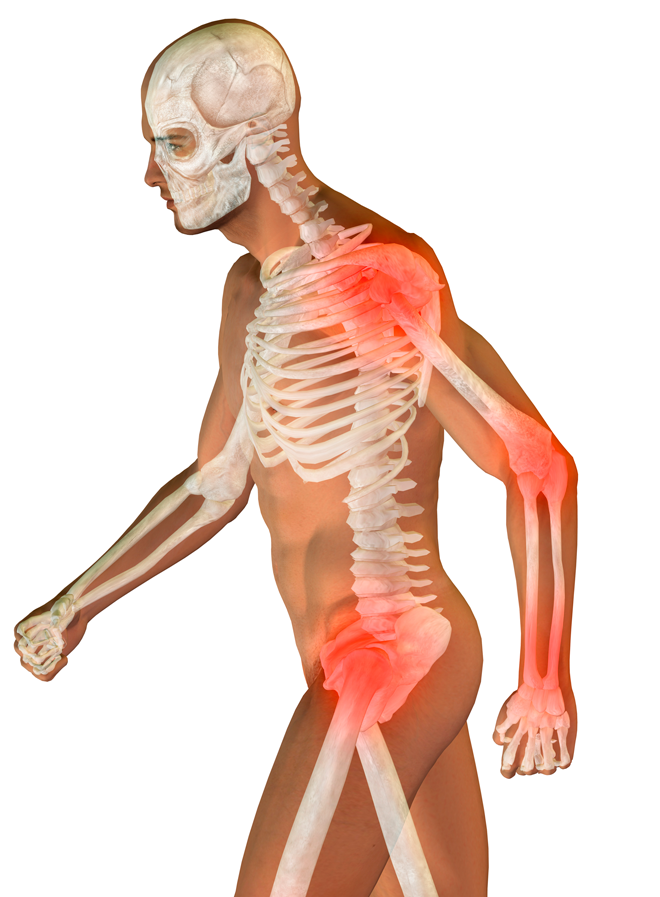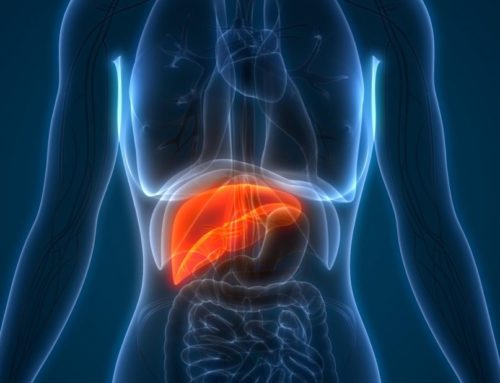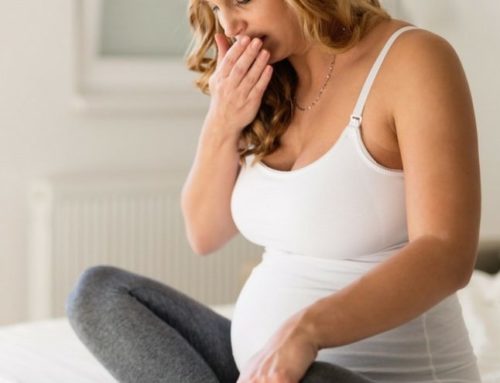What is osteoporosis?
Osteoporosis is a disease of the bones. People with osteoporosis have bones that are weak and break easily.
Osteoporosis is called a “silent” disease. You may have bone loss for many years without any symptoms until you break a bone. A broken bone can cause severe pain and disability. It can make it harder to do daily tasks on your own, such as walking.
What is bone loss?
Bone loss is the amount of minerals, such as calcium, that your body absorbs (takes) from your bones.
Bone loss can happen for several reasons. Some of the most common reasons include:
- You do not get enough calcium from food. Your body uses calcium to build healthy bones and teeth and stores calcium in your bones. Your body also uses calcium to send messages through your nervous system, help your muscles contract, and regulate your heart’s rhythm. But your body does not make calcium. You have to get all the calcium your body needs from the foods you eat and drink (or from supplements). If you don’t get enough calcium each day, your body will take the calcium it needs from your bones.
- You are past menopause. As you get older, your bones don’t make new bone fast enough to keep up with your body’s needs. The calcium taken from your bones causes you to lose bone density. Bone loss also speeds up after menopause and can lead to weak, brittle bones.
Who gets osteoporosis?
Osteoporosis affects more women than men. Of the estimated 10 million Americans with osteoporosis, more than 8 million (or 80%) are women.1
Women are more likely to get osteoporosis because:2
- Women usually have smaller, thinner, less dense bones than men.
- Women often live longer than men. Bone loss happens naturally as we age.
- Women also lose more bone mass after menopause with very low levels of the hormone estrogen. Higher estrogen levels before menopause helps protect bone density.
Osteoporosis is most common in older women. In the United States, osteoporosis affects one in four women 65 or older. But younger women can get osteoporosis. And girls and women of all ages need to take steps to protect their bones.
What are the symptoms of osteoporosis?
You may not have any symptoms of osteoporosis until you break (fracture) a bone. A fracture can happen in any bone of the body. But fractures are most common in the hip, wrist, and spine (vertebrae). Vertebrae support your body, helping you to stand and sit up. See the picture.
Osteoporosis in the vertebrae can cause serious problems for women. A fracture in this area can happen during day-to-day activities like climbing stairs, lifting objects, or bending forward when you have osteoporosis.
Fractures in the vertebrae can cause it to collapse and bend forward. If this happens, you may get any or all of these symptoms:
- Sloping shoulders
- Curve in the back
- Height loss
- Back pain
- Hunched posture
How is osteoporosis diagnosed?
Your doctor will do a bone density test to see how strong or weak your bones are. A common test is a central dual-energy x-ray absorptiometry (DXA). A DXA is a special type of x-ray of your bones. This test uses a very low amount of radiation.
Your doctor may also use other screening tools to predict your risk of having low bone density or breaking a bone.
How can I prevent osteoporosis?
One of the best ways to prevent weak bones is to work on building strong ones. Building strong bones during childhood and the teen years is important to help prevent osteoporosis later.
As you get older, your bones don’t make new bone fast enough to keep up with the bone loss. And after menopause, bone loss happens even more quickly. But you can take steps to slow the natural bone loss with aging and to prevent your bones from becoming weak and brittle.
- Get enough calcium and vitamin D each day.
- Get active. Choose weight-bearing physical activities like running or dancing to build and strengthen your bones.
- Don’t smoke. Smoking raises your risk for broken bones.
- If you drink alcohol, drink in moderation (for women, this is one drink a day at most). Too much alcohol can harm your bones. Also, too much at one time or mixed with certain medicines can affect your balance and lead to falls.
- Talk to your doctor about whether you need medicine to prevent bone loss.
Source: womenshealth.gov





